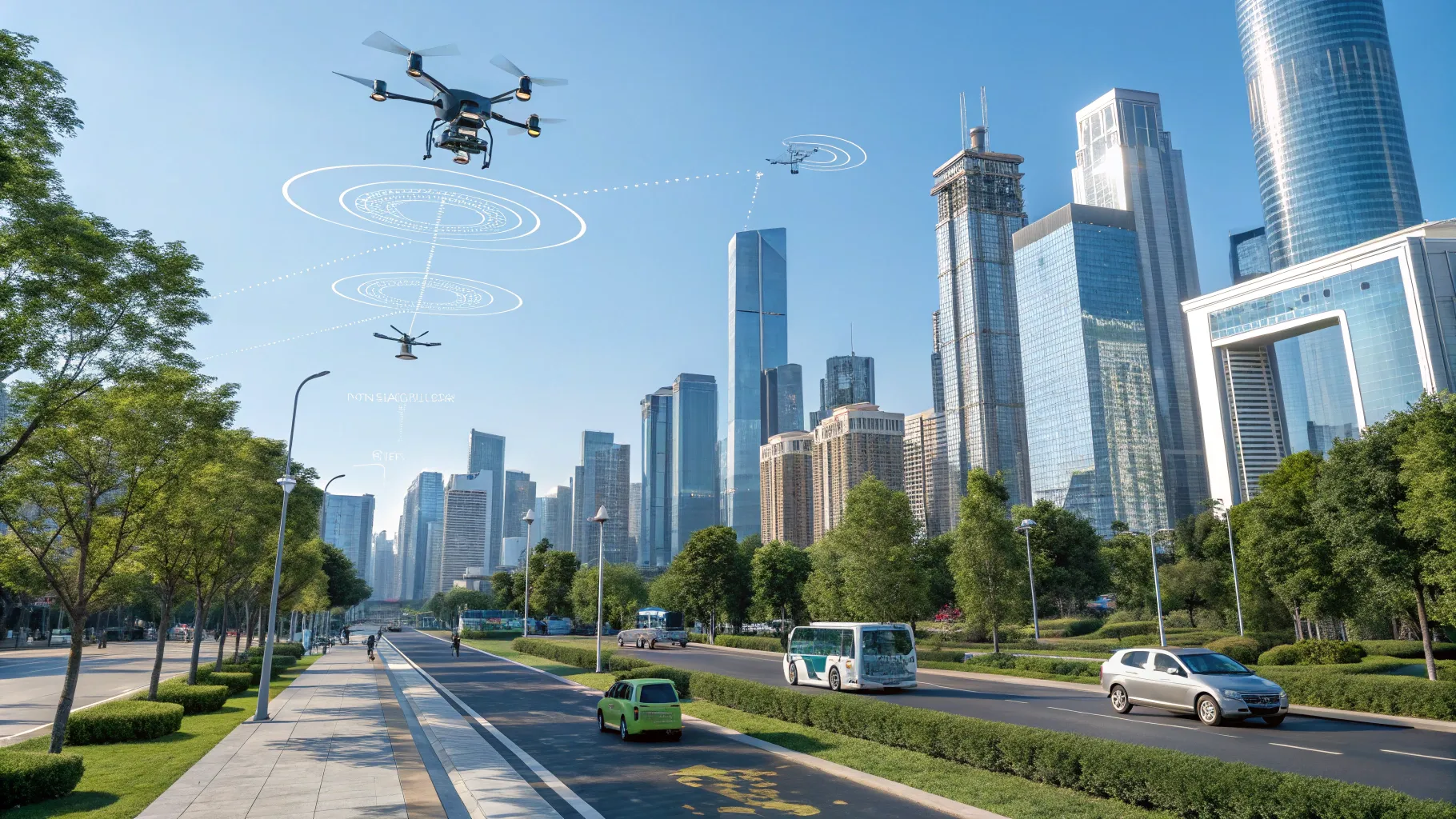
As we stand on the brink of a technological revolution, ai technologies are not just reshaping industries—they're redefining the very fabric of our daily lives. In this blog, we unveil the top 20 technology trends that are set to define the future, from artificial intelligence to sustainable innovations.
Table of Contents
- 🌟 Introduction to Technological Change
- 📊 Artificial Intelligence and Machine Learning
- 📶 The Impact of 5G Technology
- 🌐 Understanding the Internet of Things (IoT)
- 🏭 The Rise of Edge Computing
- 🖥️ AI Augmented Development in Software
- 🏗️ Industry Cloud Platforms: Tailored Solutions
- 📱 Smart Apps Transforming User Experience
- 🎨 Democratized Generative AI
- 🔒 Continuous Threat Exposure Countermeasures
- 🔍 AI Trust Risk and Security Management
- ⚙️ Platform Engineering for Efficient Operations
- 🤖 The Concept of Machine Customers
- 🌐 Augmented Connection Workforce Dynamics
- ❓ FAQ: Common Questions about AI Technologies
🌟 Introduction to Technological Change
Technological change is accelerating at an unprecedented rate. Every day, we witness groundbreaking advancements that reshape our lives and industries. The rise of ai technologies is a testament to this rapid evolution, paving the way for innovations across various sectors. From healthcare to finance, technology is not just a tool; it's a transformative force that influences how we interact, work, and live.
As we delve into the age of digital transformation, understanding the implications of these changes is crucial. We find ourselves in a world where technologies like artificial intelligence and 5G are not merely futuristic concepts; they are integral to our daily operations. This shift is not only about efficiency but also about creating smarter systems that can learn and adapt to our needs.
🚀 The Role of AI in Driving Change
At the forefront of this technological revolution is artificial intelligence. AI technologies are redefining what machines can do, enabling them to learn from data and make decisions with minimal human intervention. This capability is transforming industries, making them more efficient and responsive. For instance, in healthcare, AI algorithms can analyze patient data to recommend personalized treatments, while in finance, they can detect fraudulent activities in real-time.
However, as we embrace these advancements, we must also consider the challenges they bring. Concerns about job automation and algorithmic bias are rising, prompting discussions about the ethical implications of AI. Balancing innovation with responsibility is essential as we navigate this new landscape.
📊 Artificial Intelligence and Machine Learning
Artificial Intelligence (AI) and Machine Learning (ML) are no longer just buzzwords; they are essential components of modern technology. These ai technologies empower machines to learn from data, enabling them to perform complex tasks that were once thought to require human intelligence. In industries ranging from personalized healthcare solutions to fraud detection in finance, AI is making a significant impact.
The market for AI is booming, projected to reach $190 billion by 2025. This growth is fueled by advancements in natural language processing, computer vision, and predictive analytics. As AI continues to evolve, its applications become more diverse, providing solutions that enhance efficiency and accuracy across various sectors.
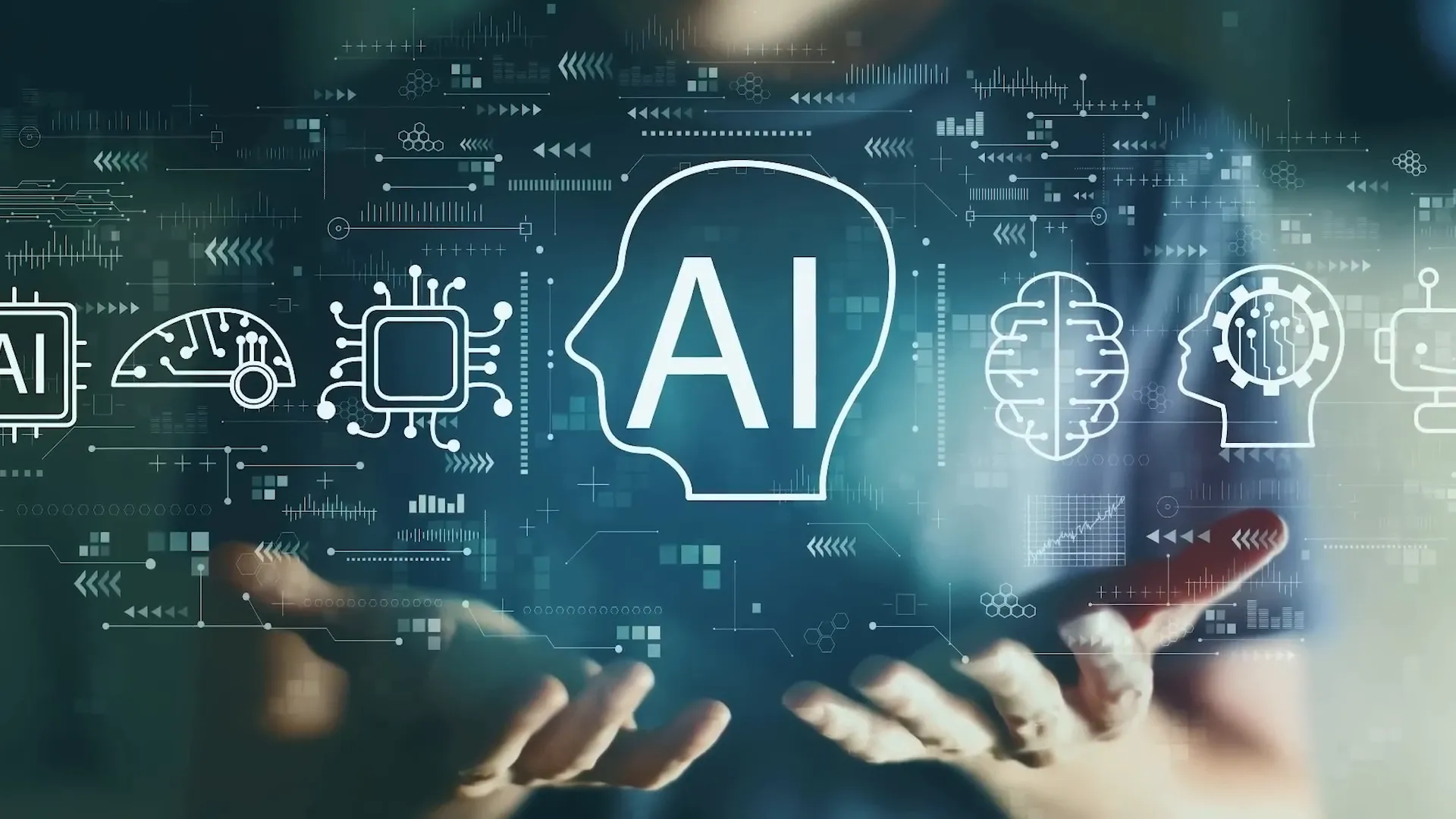
🤖 The Challenges of AI Adoption
Despite its benefits, AI is not without challenges. Job automation raises concerns about the future workforce, as machines increasingly take over tasks traditionally performed by humans. Additionally, algorithmic bias can lead to unfair outcomes, particularly in sensitive areas like hiring and law enforcement. Addressing these issues is crucial for the responsible development and implementation of AI technologies.
To ensure that AI serves society positively, stakeholders must prioritize ethical considerations and transparency in AI systems. This involves creating frameworks that address bias and ensure accountability in AI decision-making processes.
📶 The Impact of 5G Technology
5G technology is set to revolutionize how we connect and communicate. With ultra-fast internet speeds and low latency, 5G enables millions of devices to connect seamlessly. This capability is crucial for the development of smart cities, autonomous vehicles, and the Internet of Things (IoT).
The rollout of 5G is not without challenges. High infrastructure costs and regulatory hurdles have slowed implementation in some regions. However, by 2026, the 5G market is expected to reach a staggering $667.95 billion as more devices become interconnected, transforming our digital landscape.

🌍 Smart Cities and IoT
As 5G technology becomes more widespread, its impact on smart cities and IoT will be profound. Enhanced connectivity will allow devices to communicate in real-time, optimizing everything from traffic management to energy consumption. This interconnectedness will drive efficiency and sustainability, making urban living more manageable and environmentally friendly.
However, the increased connectivity also raises concerns about security. As more devices are connected, the potential for cyberattacks increases, necessitating robust security measures to protect sensitive data and maintain user trust.
🌐 Understanding the Internet of Things (IoT)
The Internet of Things (IoT) is a cornerstone of modern technological advancements. It refers to the network of physical devices—ranging from smart home appliances to industrial sensors—that collect and exchange data. IoT applications are driving efficiency across various sectors, including healthcare, manufacturing, and transportation.
The IoT market is projected to reach $1.6 trillion by 2025, highlighting its pivotal role in shaping the future of smart homes, cities, and industrial processes. However, as we integrate more devices into our daily lives, security vulnerabilities become a growing concern. Cyberattacks targeting IoT systems have surged, underscoring the need for enhanced security protocols.
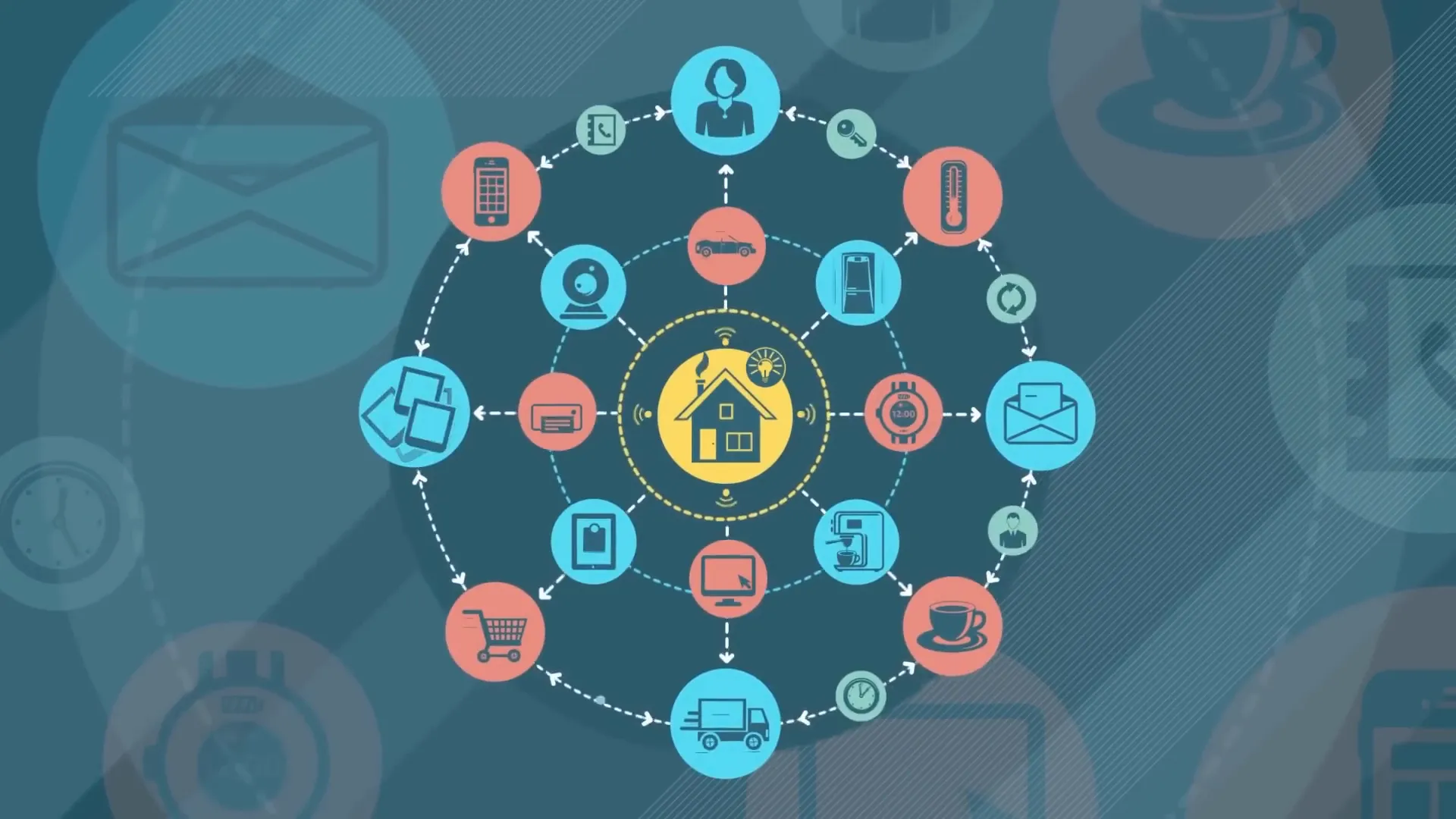
🔒 Security Challenges in IoT
With the proliferation of IoT devices, ensuring the security of interconnected systems is paramount. Each connected device can be a potential entry point for cybercriminals, making it critical to implement robust security measures. Organizations must prioritize cybersecurity strategies that protect sensitive data and maintain the integrity of their systems.
As the IoT landscape evolves, so too must our approach to cyber defense. This includes adopting proactive measures, such as continuous monitoring and threat detection, to safeguard against emerging threats.
🏭 The Rise of Edge Computing
Edge computing is emerging as a vital technology in the era of big data. By bringing data processing closer to the source, edge computing reduces latency and bandwidth issues associated with traditional cloud computing. This is especially crucial for time-sensitive applications, such as self-driving cars and industrial automation.
The global edge computing market is expected to grow significantly, driven by the increasing adoption of IoT and the need for faster data processing. However, managing distributed edge networks can be complex and costly, requiring robust infrastructure and expertise.

⚙️ Benefits of Edge Computing
One of the primary benefits of edge computing is its ability to enhance real-time data processing. By minimizing the distance data must travel, edge computing enables quicker responses, which is critical for applications requiring immediate action. This capability is transforming industries by allowing for smarter, more efficient operations.
Despite its advantages, organizations must also navigate the complexities of managing edge networks. Developing a comprehensive strategy that includes infrastructure investment and skilled personnel is essential for successful implementation.
🖥️ AI Augmented Development in Software
AI augmented development is revolutionizing the software landscape. By automating tasks such as code generation, testing, and debugging, these ai technologies are significantly increasing the efficiency of software development processes. Tools like GitHub Copilot provide developers with real-time code suggestions, allowing them to focus on complex problem-solving rather than mundane tasks.
However, this reliance on AI tools requires caution. Over-reliance can introduce security vulnerabilities, as code generated by AI may not always adhere to best practices. Balancing speed with security is crucial as organizations strive to maintain competitive edges while ensuring their software is robust and secure.

🏗️ Industry Cloud Platforms: Tailored Solutions
Industry cloud platforms are emerging as vital solutions tailored to specific sectors like healthcare, finance, and manufacturing. They offer specialized tools designed to meet regulatory compliance while enhancing operational efficiency. For instance, healthcare cloud platforms streamline patient data management, facilitating better care coordination.
Despite their advantages, these platforms face challenges, particularly regarding data security and interoperability. As industries become more connected, ensuring seamless communication between different platforms is essential for maximizing the benefits of cloud technology. The market for these industry-specific solutions is projected to reach $83 billion by 2025, underscoring their growing importance.
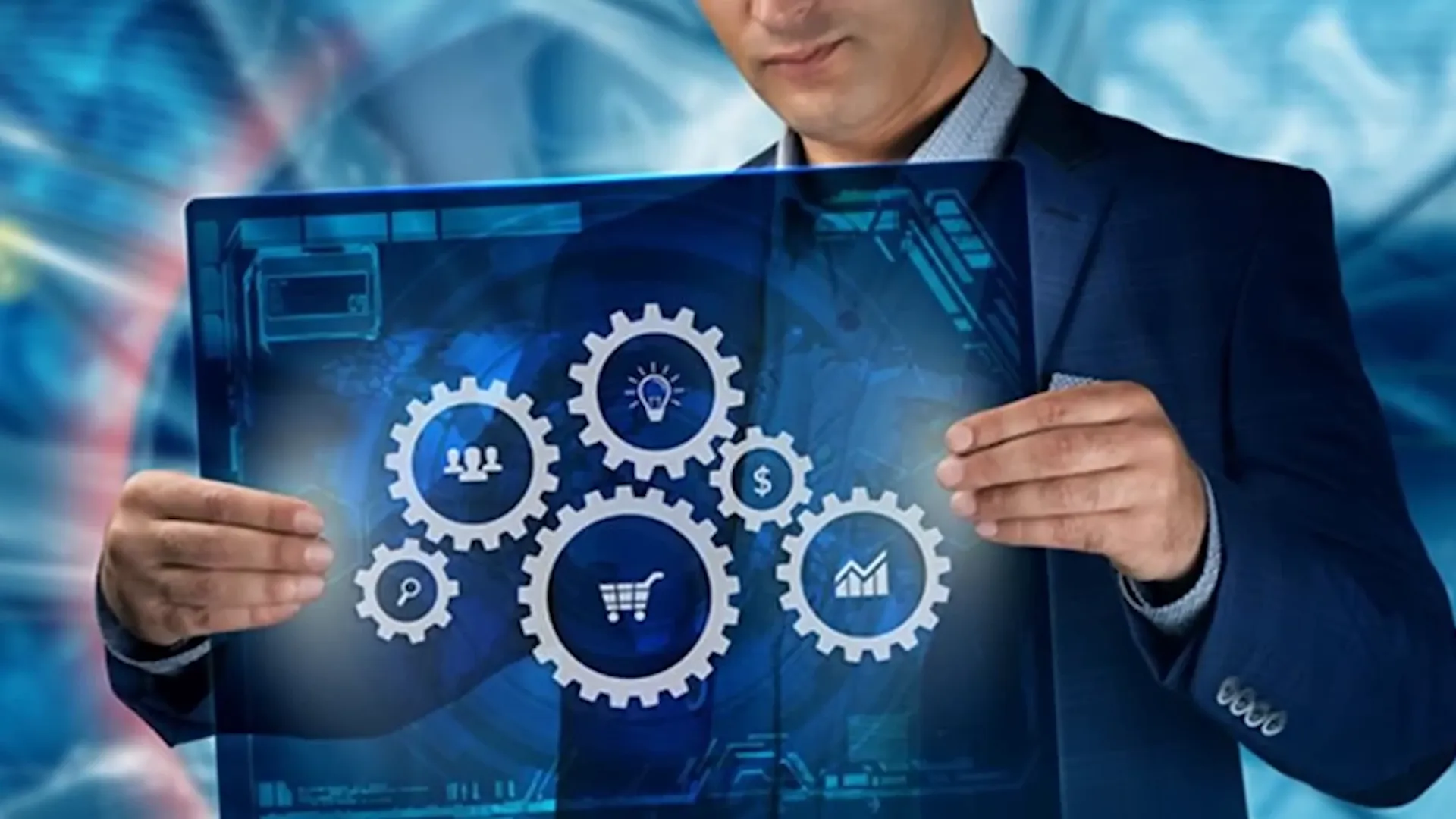
📱 Smart Apps Transforming User Experience
Smart apps are at the forefront of transforming user experiences across various sectors. By leveraging ai technologies and machine learning, these applications provide personalized services and automate routine tasks, enhancing customer engagement. For example, smart investment apps offer tailored financial advice based on user behavior and preferences.
However, the increasing reliance on smart apps also raises concerns about data privacy. As these apps collect sensitive user information, ensuring robust security measures becomes paramount. The market for smart apps is expected to grow to $62.4 billion by 2025, highlighting their potential to reshape how we interact with technology.
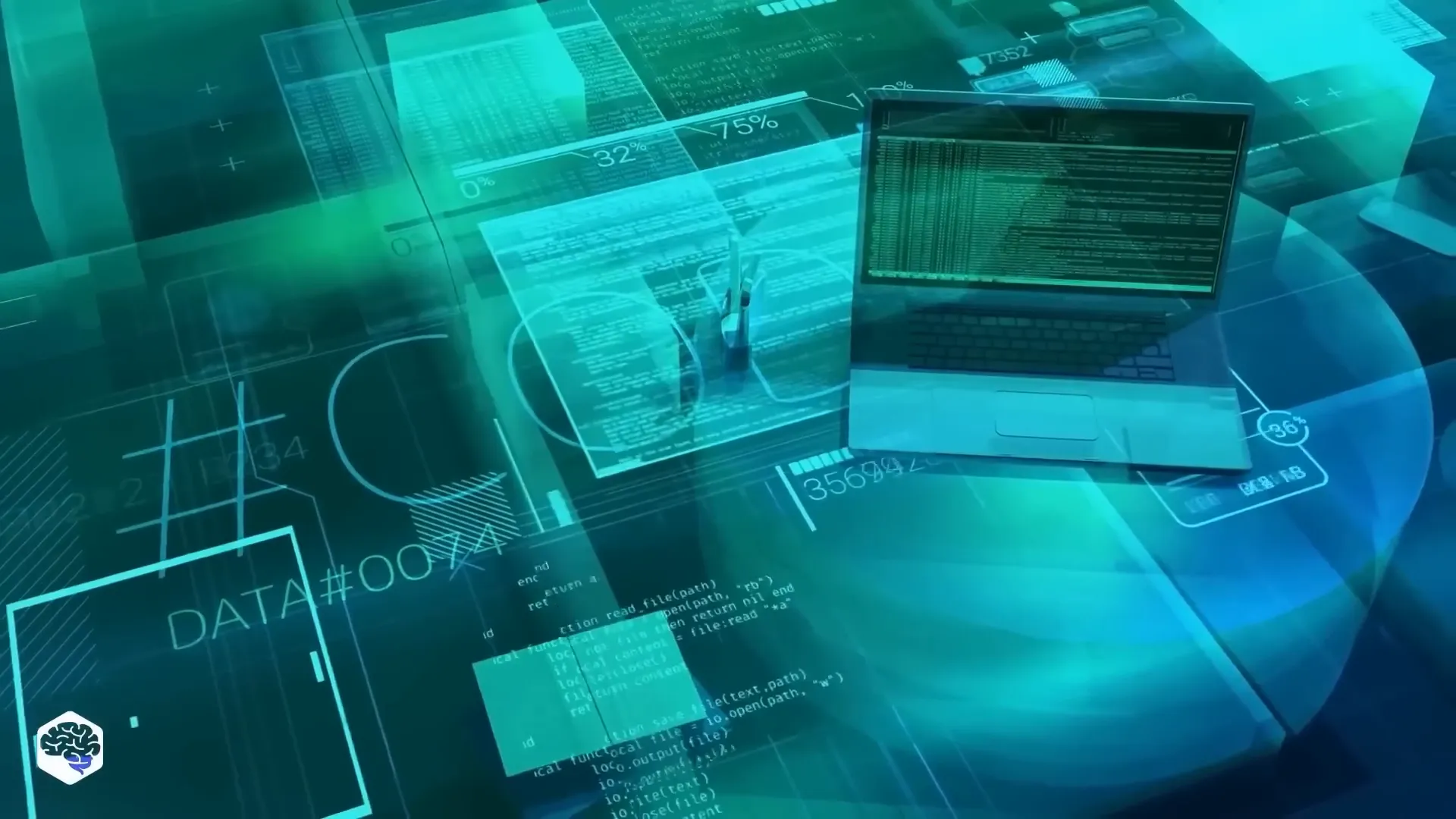
🎨 Democratized Generative AI
Generative AI is changing the landscape of content creation by making powerful tools accessible to businesses and individuals alike. This democratization enables users to generate new content—be it text, images, or music—without needing extensive technical expertise. Tools like DALL-E are already making waves in marketing, entertainment, and design.
As generative AI becomes more mainstream, it also introduces challenges, particularly regarding copyright and content misuse. Stakeholders must navigate these concerns to foster a responsible ecosystem for content creation. The trend towards democratized generative AI is reshaping creative industries, making it easier for anyone to produce high-quality content.

🔒 Continuous Threat Exposure Countermeasures
Continuous threat exposure countermeasures (CTE) are becoming essential in the fight against cyber threats. These tools allow organizations to monitor vulnerabilities in real-time, enabling proactive responses to potential threats. Sectors such as finance and healthcare, which handle sensitive data, are increasingly adopting CTE systems to maintain compliance and protect their information.
While CTE systems enhance cybersecurity, managing them can be resource-intensive. Companies must invest in the right infrastructure and expertise to effectively implement these solutions. As cyber threats evolve, the demand for robust countermeasures will only continue to rise.

🔍 AI Trust Risk and Security Management
AI trust risk and security management (AI TRISM) frameworks are critical for ensuring ethical and transparent AI systems. These frameworks address risks related to bias, privacy, and accountability, particularly in industries like healthcare and finance. For instance, in healthcare, AI TRISM ensures algorithms provide fair diagnoses, while in finance, it helps prevent discriminatory practices.
Achieving full transparency in complex AI systems remains a challenge. As AI adoption grows, implementing AI TRISM frameworks will be crucial for maintaining public trust and ensuring that AI technologies serve society positively.
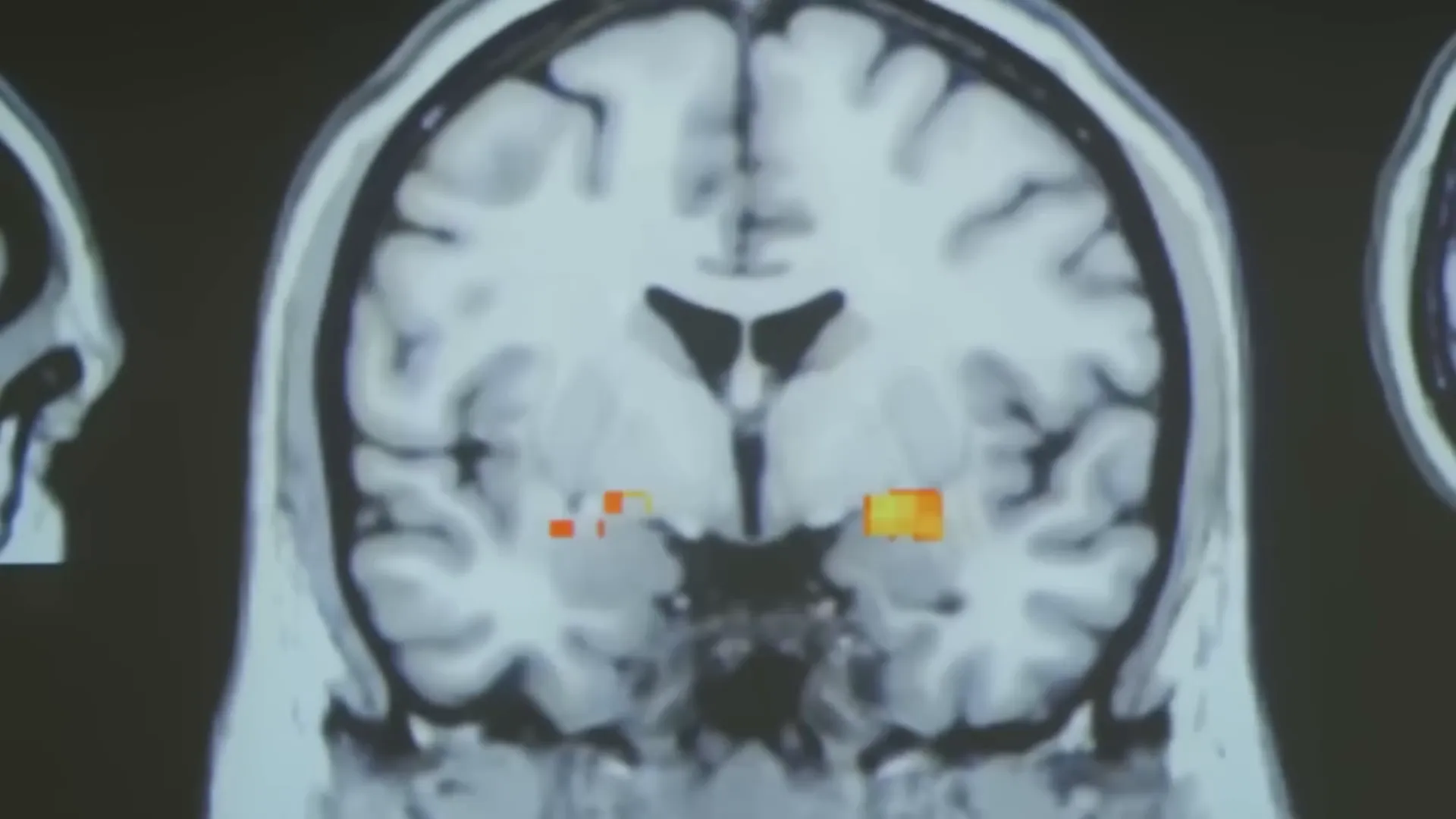
⚙️ Platform Engineering for Efficient Operations
Platform engineering integrates cloud infrastructure, DevOps tools, and development platforms to streamline the software delivery process. This approach enables businesses to scale operations efficiently and deploy applications faster, aligning with the demands of modern digital environments.
However, implementing platform engineering solutions requires significant investment in infrastructure and skilled personnel. As organizations prioritize agility and scalability, the demand for these tools is expected to rise, shaping the future of software development.
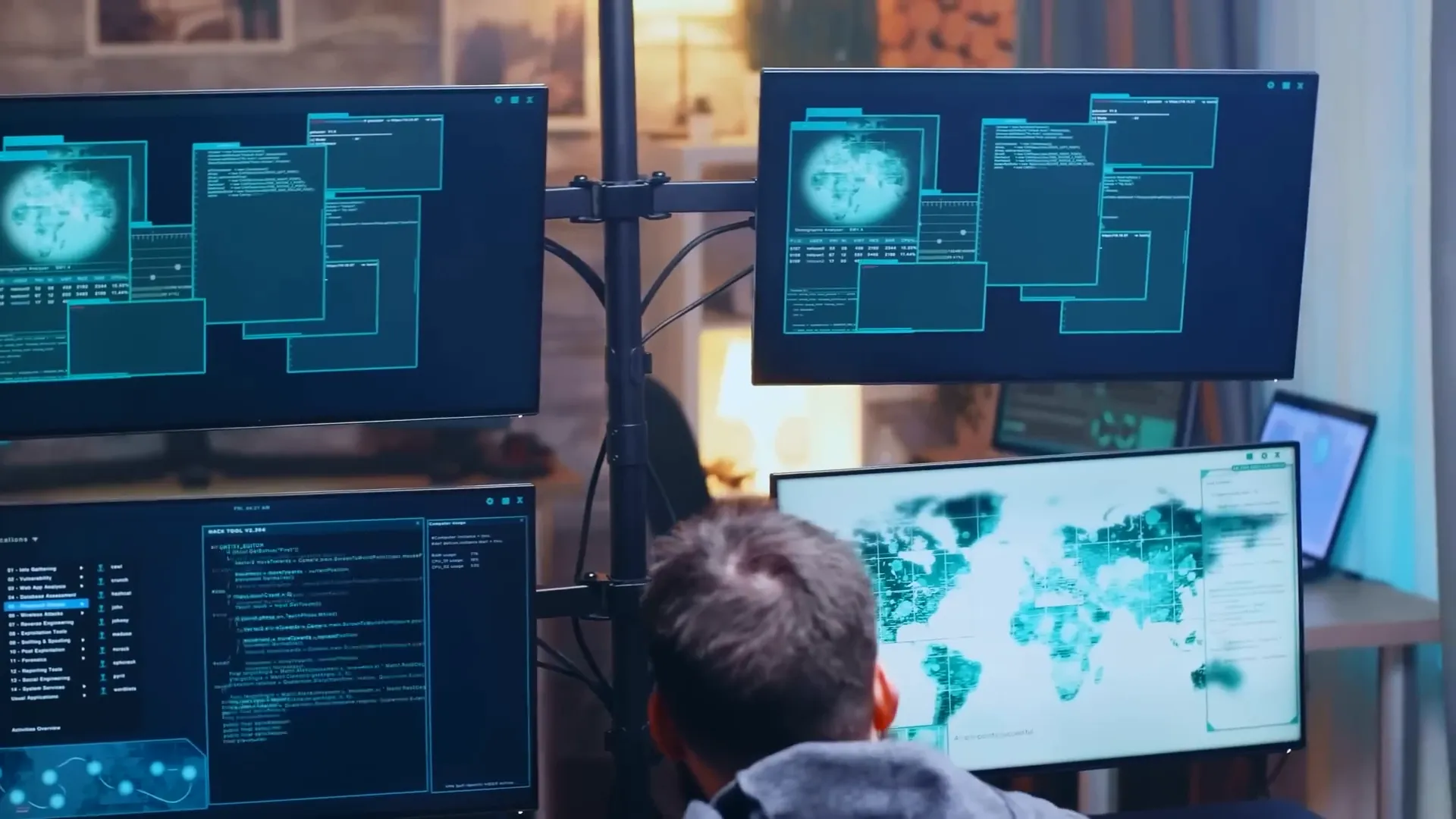
🤖 The Concept of Machine Customers
Machine customers represent a new frontier in AI, where systems autonomously make purchasing decisions on behalf of businesses or individuals. These AI-powered systems analyze data, predict needs, and place orders without human intervention. For instance, AI chatbots can automatically reorder supplies when stock runs low, streamlining operations.
While this trend enhances efficiency, it also raises concerns about control and accountability over automated processes. As organizations explore the concept of machine customers, understanding the implications for B2B and B2C transactions will be crucial.

🌐 Augmented Connection Workforce Dynamics
The augmented connected workforce is redefining collaboration in the era of hybrid work. By leveraging remote collaboration tools, AI insights, and wearable devices, organizations can enhance productivity and worker engagement. Tools like Zoom and Microsoft Teams have become essential for communication, while wearables monitor health and safety.
However, balancing employee privacy with performance tracking remains a challenge. As companies adopt these technologies, they must navigate ethical considerations to foster a positive work environment. The workforce management tools market is forecasted to grow to $9.3 billion by 2026, reflecting this shift.

❓ FAQ: Common Questions about AI Technologies
As AI technologies continue to evolve, many questions arise. Here are some common inquiries:
- What is AI augmented development? AI augmented development refers to using AI tools to enhance software development processes by automating tasks like coding and testing.
- How do industry cloud platforms work? These platforms provide specialized solutions tailored to specific industries, improving efficiency and ensuring compliance with regulatory requirements.
- What are machine customers? Machine customers are AI systems that autonomously make purchasing decisions based on data analysis and predictive modeling.
- How can organizations ensure AI trust? Implementing AI TRISM frameworks helps organizations address risks related to bias, privacy, and accountability, fostering public trust.



0 Comments